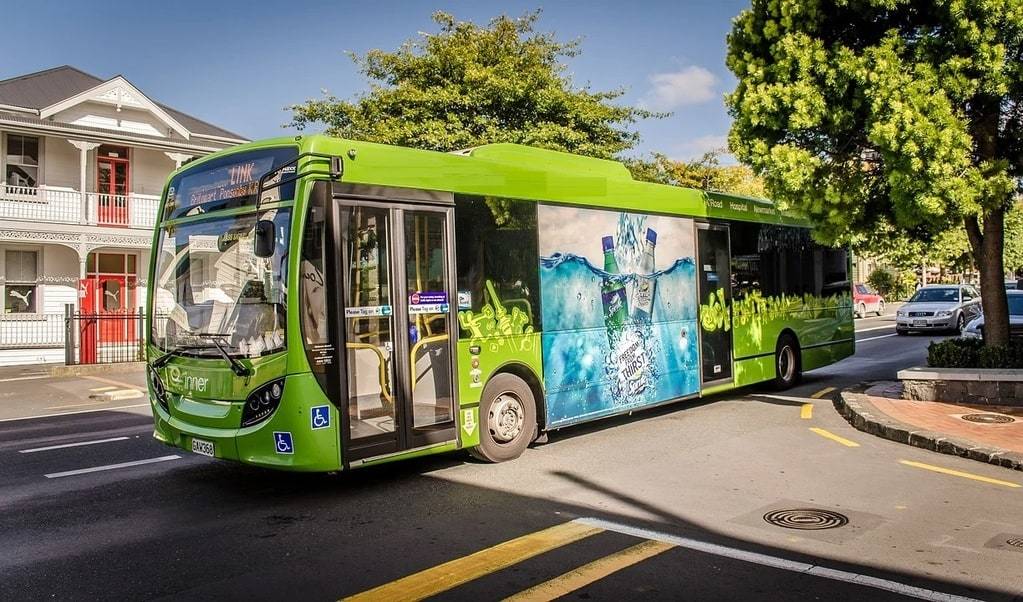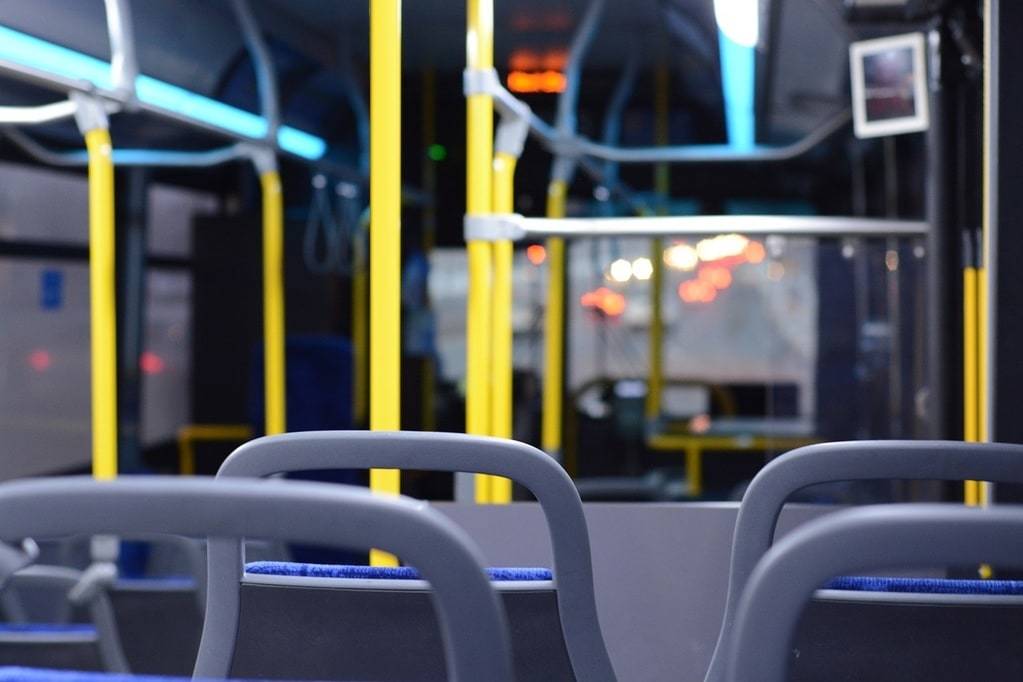Breakthroughs in sustainable transport solutions

In recent years, the world has witnessed an unprecedented shift towards sustainable transport solutions, driven by a collective urgency to combat climate change and reduce our carbon footprint. This movement towards greener transportation is not only reshaping urban landscapes but also fostering innovation and economic opportunities. As technology advances, new and exciting sustainable transport solutions are emerging, promising to transform the way we move and interact with our environment.
Innovations in Eco-Friendly Transportation Technologies
A surge in innovative technologies is propelling the development of eco-friendly transportation systems. Among these, electric vehicles (EVs) are leading the charge. EVs, powered by renewable energy sources, offer a clean alternative to traditional fossil-fuel-powered vehicles. The proliferation of EV charging infrastructure is making it increasingly feasible for more people to switch to electric cars, which significantly reduce greenhouse gas emissions.
Another notable advancement is the development of hydrogen fuel cell vehicles. These vehicles use hydrogen to generate electricity, emitting only water vapor as a byproduct. This technology holds tremendous potential, especially for long-haul transportation, where traditional batteries may fall short. Hydrogen fuel cells are being hailed as a breakthrough for achieving zero-emission transportation across various sectors.
The rise of shared mobility platforms also plays a significant role in promoting sustainable transport. Ride-sharing and bike-sharing services are reducing the number of vehicles on the road, thereby decreasing traffic congestion and lowering pollution levels. These platforms are particularly effective in urban areas, where they complement public transportation systems and provide flexible, last-mile connectivity.

Revolutionizing Public Transportation
Public transportation systems are undergoing a green revolution, with cities around the world investing in cleaner and more efficient transit options. Electric buses are becoming a common sight in many urban centers, offering a silent and emission-free mode of transport. These buses not only improve air quality but also contribute to a quieter, more pleasant urban environment.
Another groundbreaking development is the implementation of autonomous public transport. Self-driving buses and shuttles are being tested and deployed in several cities, promising to enhance the efficiency and reliability of public transit. These autonomous vehicles can optimize routes and schedules, reducing energy consumption and operational costs while providing a seamless travel experience for passengers.
High-speed rail networks are also gaining traction as a sustainable alternative to air travel for short and medium distances. These rail systems, often powered by electricity from renewable sources, offer fast and efficient transportation with a lower environmental impact. Countries like Japan and Germany are leading the way in developing and expanding their high-speed rail networks, setting an example for others to follow.
Innovative Urban Mobility Solutions
Urban areas are ripe for innovation in sustainable transport, with a growing focus on creating more livable and environmentally friendly cities. One approach gaining popularity is the development of micro-mobility solutions. Electric scooters and bikes provide an efficient and eco-friendly option for short-distance travel, reducing reliance on cars and easing traffic congestion.
Smart city initiatives are also transforming urban mobility. These projects integrate technology and data to optimize transportation systems, from traffic management to public transit scheduling. For instance, intelligent traffic lights that adjust in real-time based on traffic conditions can significantly reduce emissions and improve traffic flow.
To summarize the current breakthroughs, here are some key points:
- Electric vehicles (EVs) and charging infrastructure
- Hydrogen fuel cell vehicles
- Shared mobility platforms (ride-sharing and bike-sharing)
- Electric and autonomous public transport
- High-speed rail networks
- Micro-mobility solutions (electric scooters and bikes)
- Smart city initiatives for optimized transportation
The Future of Sustainable Transport
Looking ahead, the future of sustainable transport is poised to be even more exciting. Advanced technologies such as artificial intelligence (AI) and the Internet of Things (IoT) are set to revolutionize the transportation sector. AI can enhance route planning and traffic management, making transport systems more efficient and reducing energy consumption. IoT-enabled vehicles and infrastructure can communicate in real-time, improving safety and coordination on the roads.
Additionally, the concept of Mobility as a Service (MaaS) is emerging as a holistic approach to sustainable transport. MaaS integrates various transportation services into a single accessible platform, allowing users to plan, book, and pay for different modes of travel seamlessly. This approach encourages the use of public transport and shared mobility options, reducing the need for private car ownership and decreasing environmental impact.
Investment in sustainable transport infrastructure is also expected to grow, driven by government policies and incentives. Green bonds and public-private partnerships are facilitating the funding of eco-friendly transport projects, accelerating the transition to a low-carbon economy. Cities and countries that prioritize sustainable transport will likely reap the benefits of cleaner air, reduced congestion, and enhanced quality of life for their residents.
In conclusion, breakthroughs in sustainable transport solutions are not just about technological advancements; they represent a fundamental shift in how we envision and interact with our world. By embracing these innovations, society can move towards a more sustainable, efficient, and equitable future, where transportation systems contribute positively to the environment and the well-being of all.